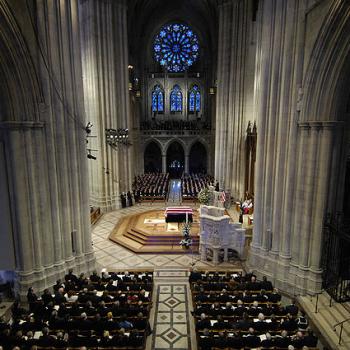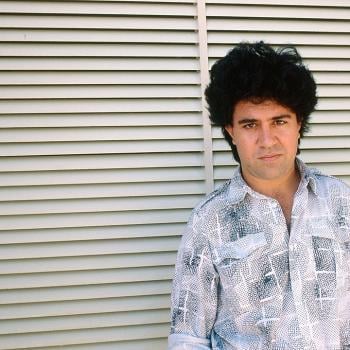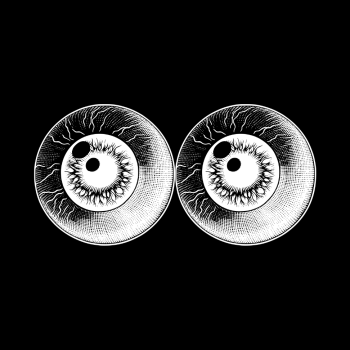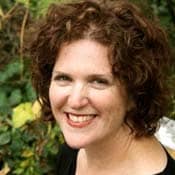 What resources are necessary for preaching? Commentaries and concordances often come to mind. In fact, I start almost every sermon prep with a translation of the Greek or Hebrew text and an electronic concordance, and after some personal reflection on the text, I go to my commentaries to see what textual or cultural issues I may be overlooking or unaware of.
What resources are necessary for preaching? Commentaries and concordances often come to mind. In fact, I start almost every sermon prep with a translation of the Greek or Hebrew text and an electronic concordance, and after some personal reflection on the text, I go to my commentaries to see what textual or cultural issues I may be overlooking or unaware of.
But as the sermon begins to take shape, I often get stuck. I need illustrations, applications, and ways to make jumbled thoughts into coherent sentences. This is where the rest of my bookshelf comes in handy. There are several kinds of resources that I find essential. (Note: This bookshelf is metaphorical and includes many different ways to "read.")
1) The news. I spend quite a bit of time reading the New York Times and the New Yorker, and listening to National Public Radio. There is often an article or an interview that brings the text to life for me, or the text helps me understand the world. Often on the way to lead a service, I will play a news radio station to remind me of the world in which I am preaching and to ensure that the worship for that day is grounded in reality.
2) Other sermons. Often another's interpretation of the same passage or even a completely different passage will shake loose the cobwebs of my thoughts and inspire possibilities in my preparation. For a while, this felt like "cheating," but I see it differently now. Engaging with other preachers' work is entering into an ongoing conversation. Having access to websites like textweek.com and church podcasts gives me opportunity to enter the conversation.
3) Podcasts. There are some fantastic podcasts available on just about everything. My favorite is Being with Krista Tippett. She interviews theologians, spiritual leaders, scientists, poets, and many others who have unique perspectives on the spiritual life. My husband and I often talk about these interviews for weeks. It is also helpful to have something I can listen to while driving or doing housework.
4) Spiritual reading. My shelf is lined with books on the spiritual life. Joan Chittister, Henri Nouwen, Nora Roberts, Frederick Buechner, Julian of Norwich, Brennan Manning, Teresa of Avila, Richard Rohr, and prayer books from various places and times push me to go deeper in my understanding of spirituality. They go beyond the applicable meaning of the text to the intimate -- what the text means in the space between God and me.
5) Poetry. There is a significant overlap between poetry and preaching. I relate to the poet's work of taking the materials of life and transforming them into something beautiful and essential. The words of a poet take me from my head to my heart faster than just about anything else.
6) Theology. This past week I preached about how the love of God goes beyond death. I went to my bookshelf and pulled out Eberhard Jungel's book, Death: The Riddle and the Mystery, and read his familiar words again. His perspective on the meaning of the resurrection gave perspective and assurance in my own preparation. Theological texts help me get out of the corners that my mind gets stuck in and enter the expansive mystery of God.
7) Literature and Movies. I have to admit, my fiction reading is pretty sparse. The last few years have been so filled with assigned reading for seminary that it always feels like a luxury to dive into a novel or read a short story. Nevertheless, I think it is important for the preacher to be engaging with other people's storytelling. Not only does one find wonderful sermon illustrations, but imaginations are expanded and our own storytelling capabilities are enlarged.
By the time the sermon is written, I usually have a stack of about five books that I have carried with me from home to a coffee shop and to my office. Their words may never reach the spoken sermon but their influence deepens the Word that moves in and through me as I speak.
2/2/2011 5:00:00 AM





